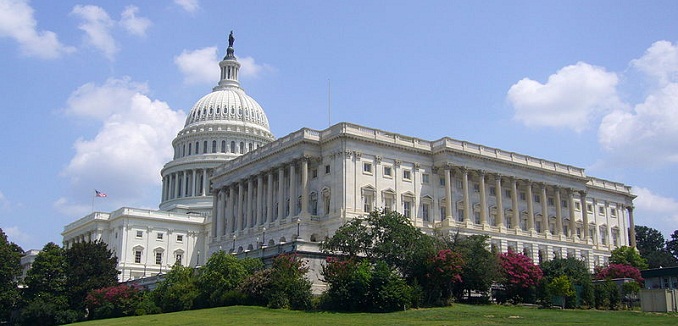Members of Congress and a range of analysts are emphasizing the importance of existing and new sanctions on Iran, as the U.S. and the international community prepare to negotiate with the Islamic republic over its nuclear program, which is widely considered to have clandestine weaponization components.
This morning’s Los Angeles Times saw an article – co-written by former White House Middle East Advisor Dennis Ross, former Undersecretary of Defense for Policy Eric Edelman, and former Defense Department official – calling on the U.S. to “negotiate from a position of strength” by among other things “intensify[ing] sanctions and incentiviz[ing] other countries to do the same.” Meanwhile the Washington Post published a recent speech by Senate Foreign Affairs Committee Chairman Bob Menendez (NJ) declaring that sanctions “have been the single most powerful tool in bringing Iran to the table and bringing us to this pivotal point.”
Menendez’s assessment echoes a broad consensus to the effect that sanctions have been critical in eroding Iran’s economy and coercing Iranian leaders to at least engage in negotiations. Bloomberg columnist Jeffrey Goldberg noted this morning that, given the expert consensus that heightened sanctions brought Iran to the table, it’s difficult to credit claims that further sanctions will cause Iran to walk away from the table. The same point was suggested by Associated Press reporter Matthew Lee in last Friday’s State Department press briefing:
QUESTION: All right. Okay. But it was my understanding that the Administration said that the reason – one of the main reasons, or maybe the only reason, that Iran agreed to come to the table this time was the sanctions were so hard. So wouldn’t it be logical that once you’ve got them to the table, adding more pressure would help and would make them more willing to compromise than saying – than holding off?
[State Dept Spokesperson] MS. PSAKI: Well, the – it is true, and we still feel firmly that one of the main reasons we’re here is because of the pressure of the sanctions.
QUESTION: Right.
MS. PSAKI: None of those sanctions have been pulled back, as we’ve discussed.
QUESTION: Right.
MS. PSAKI: And that’s, of course – but our negotiating team, through our National – and working with our National Security team, made the decision that this would be helpful —
QUESTION: Right.
MS. PSAKI: — in terms of providing some flexibility while we see if these negotiations will move forward.
QUESTION: Which – and it’s an argument that – I guess I understand the argument. I’m not sure that I – it makes much sense to me, though, because it would seem if you’ve got them, now would not be the time to ease the pressure. This seems to be a concession that you’re giving to the Iranians before they have presented even an adequate enough proposal for you to consider.
A Senate bill still in committee would aim to cut Iranian oil sales in half. Administration figures are pushing to hold off on the new sanctions. Asked about push, Menendez questioned the logic of unilaterally suspending pressure while Iran “continues to move forward” by installing new nuclear-related technology.
[Photo: Snty-tact / Wiki Commons]




